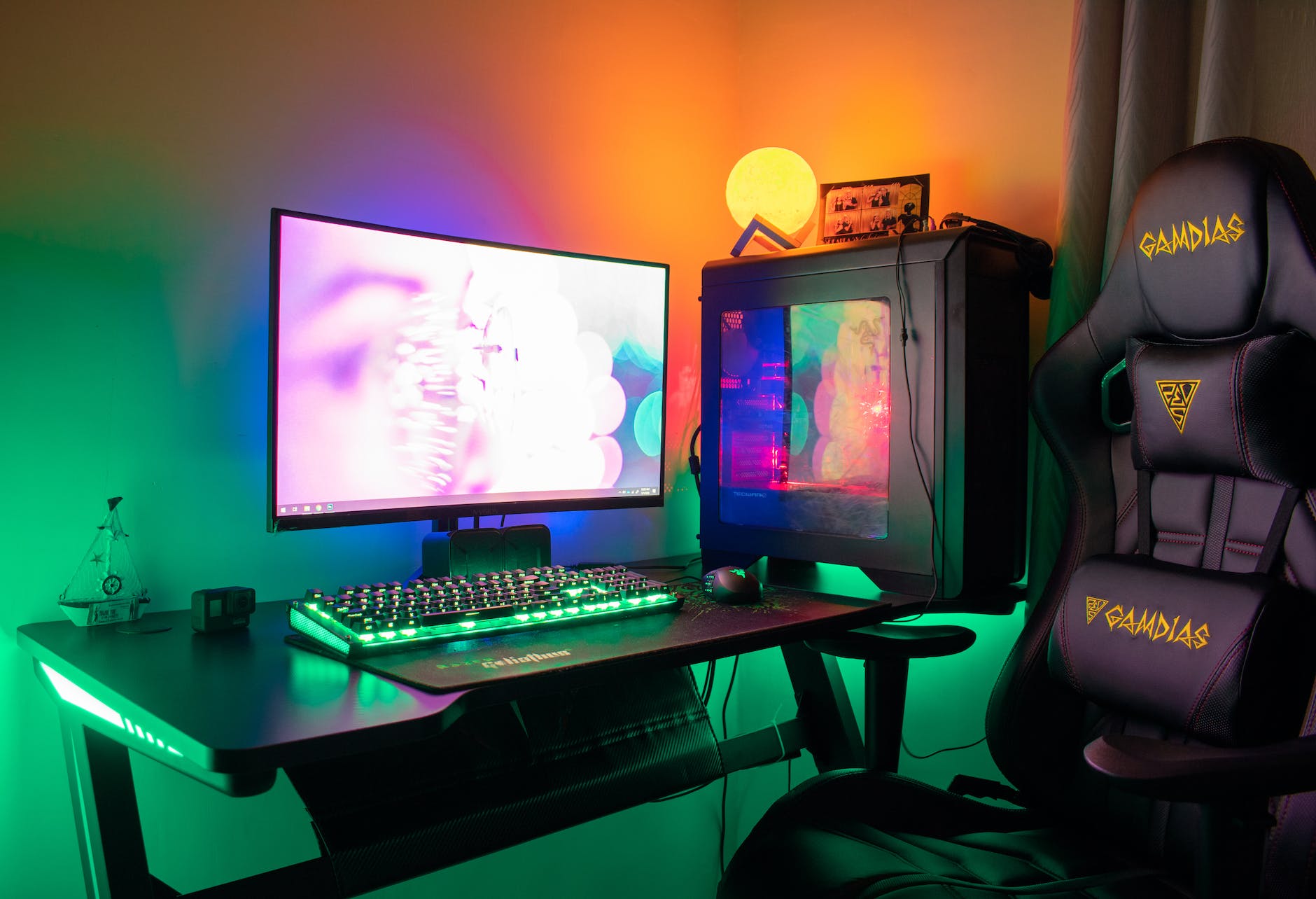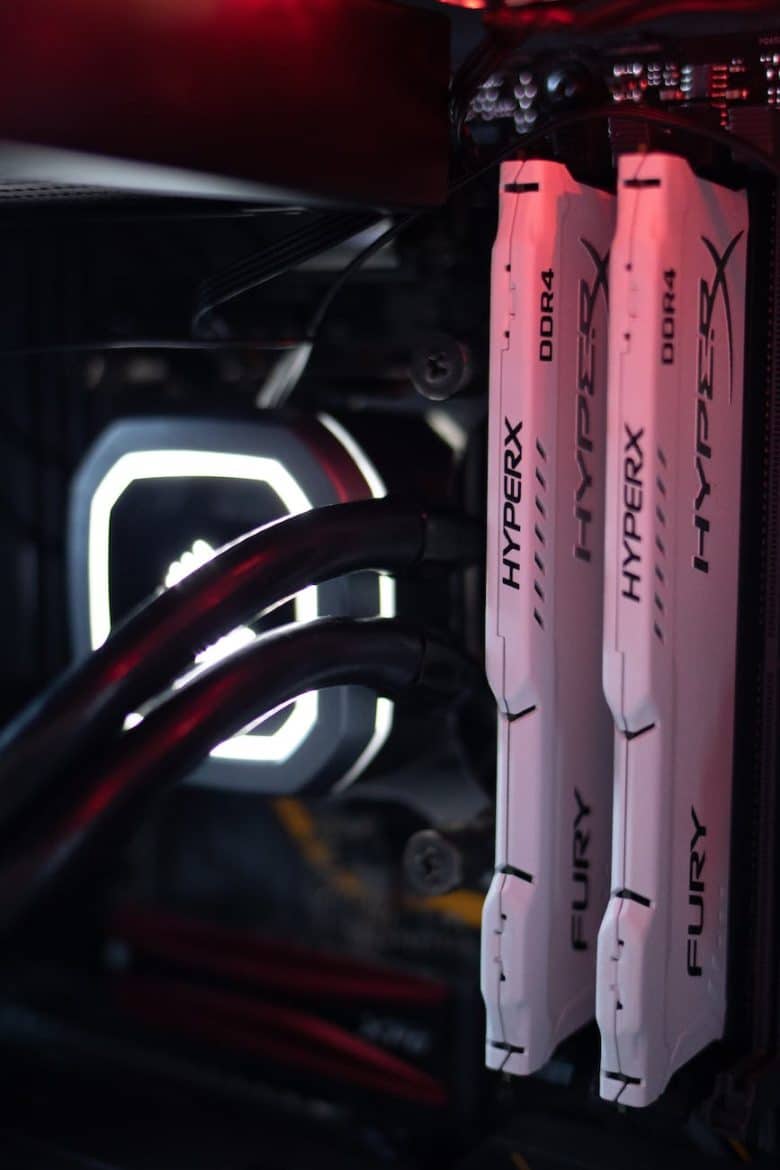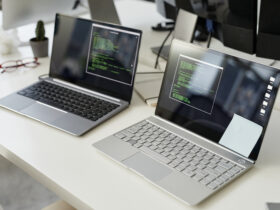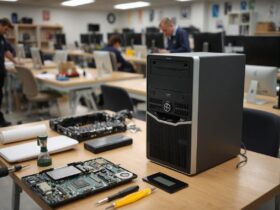PC memory (also known as RAM) is an essential component of any computer, as it’s responsible for storing data and instructions that the CPU (central processing unit) needs to access quickly. By understanding the basics of PC memory management, you can improve the performance of your PC and get the most out of your system. Plus, if you want to learn more about PC memory options and how it works in your computer, we have a great article on that topic!
PC memory management tips
Here are some tips for managing your PC memory:
- Close unnecessary programs: Running multiple programs at once can use up a lot of memory, which can slow down your PC. By closing programs that you’re not using, you can free up memory and improve performance.
- Use memory management software: There are several memory management software programs available that can help you monitor and optimize your memory usage. These programs can show you which programs are using the most memory, allow you to close unnecessary programs, and help you free up memory by clearing the cache.
- Increase memory capacity: If you’re running low on memory, adding more memory (also known as upgrading) can help improve performance. Make sure to choose memory that is compatible with your system and check the maximum capacity that your system can support.
- Use a solid-state drive (SSD): An SSD is a type of storage that is faster than a traditional hard drive and can help improve the overall performance of your PC. Because of this, it can reduce the amount of time that your system spends waiting for data, which can free up memory and improve performance. For example, if you’re using a hard drive to store your operating system and frequently used programs, your system may spend a lot of time waiting for data to be retrieved from the hard drive. This can use up a lot of memory, as the system needs to store data and instructions in memory while it’s waiting for data to be retrieved from the hard drive. By using an SSD for your operating system and frequently used programs, you can reduce the load on your memory and improve performance.
PC memory optimization techniques
Here are some techniques for optimizing your memory usage:
- Preloading: Preloading involves loading data into memory before it’s needed, which can reduce the time it takes to access the data. This technique is often used in gaming to reduce loading times and improve performance. This is not easy to manage directly, but memory management software allows you to change the settings easily and create profiles for different use cases.
- Caching: Caching involves storing frequently accessed data in memory to improve access times. By using cache memory, you can improve the performance of your PC by reducing the load on your main memory. As with preloading, memory management software is the best way to optimize how your cache size is set and when your PC needs to adjust the cache size for various situations.
- Virtual memory: When a computer needs to access data that is stored in RAM, it retrieves the data from RAM and processes it. If the computer’s RAM becomes full and there is not enough space to store new data, the computer can use virtual memory to store the data on the hard drive instead. The computer can then retrieve the data from the hard drive when it is needed, which can help reduce the load on the computer’s RAM and improve performance. Virtual memory can be useful in situations where a computer needs to access a large amount of data that doesn’t fit in its RAM. For example, if you’re running multiple resource-intensive programs at once, you may run out of RAM and need to use virtual memory to store some of the data.

PC memory management best practices
Here are some best practices for managing and optimizing your PC memory:
- Regularly check your memory usage: By regularly checking your memory usage, you can identify programs that are using a lot of memory and close them if necessary. This may seem like common sense, but many programs will run things in the background that will use a lot of memory. Only by checking the usage can you see when this is happening and change the settings for that program.
- Keep your operating system and programs up to date: Updating your operating system and programs can often improve memory management and performance.
- Keep your system clean: Over time, your system can accumulate unnecessary files and programs that can use up memory. Regularly cleaning your system by deleting unnecessary files and uninstalling unused programs can help free up memory and improve performance.
PC memory management for gaming
If you’re a gamer, optimizing your memory can help improve your gaming experience. These tips were mentioned before, but they are highlighted here as the actions that will have the most impact on your gaming experience.
- Use memory management software: Memory management software can help you monitor your memory usage and close unnecessary programs.
- Preload data: Preloading data into memory can reduce loading times and improve performance.
- Use an SSD: An SSD can help improve the overall performance of your PC, including gaming performance.
- Increase memory capacity: If you’re running low on memory, upgrading to a larger capacity can help improve performance.
Conclusion
By following these tips and techniques, you can effectively manage and optimize your PC memory and improve the performance of your system. Whether you’re a gamer looking to improve your gaming experience or just want to get the most out of your PC, understanding how to manage and optimize your memory can make a big difference. By regularly checking your memory usage, using memory management software, keeping your system clean, and following best practices, you can ensure that your PC is running at its best and getting the most out of your memory.













the information about gaming pc is so helpful for me thank you for this information thank you